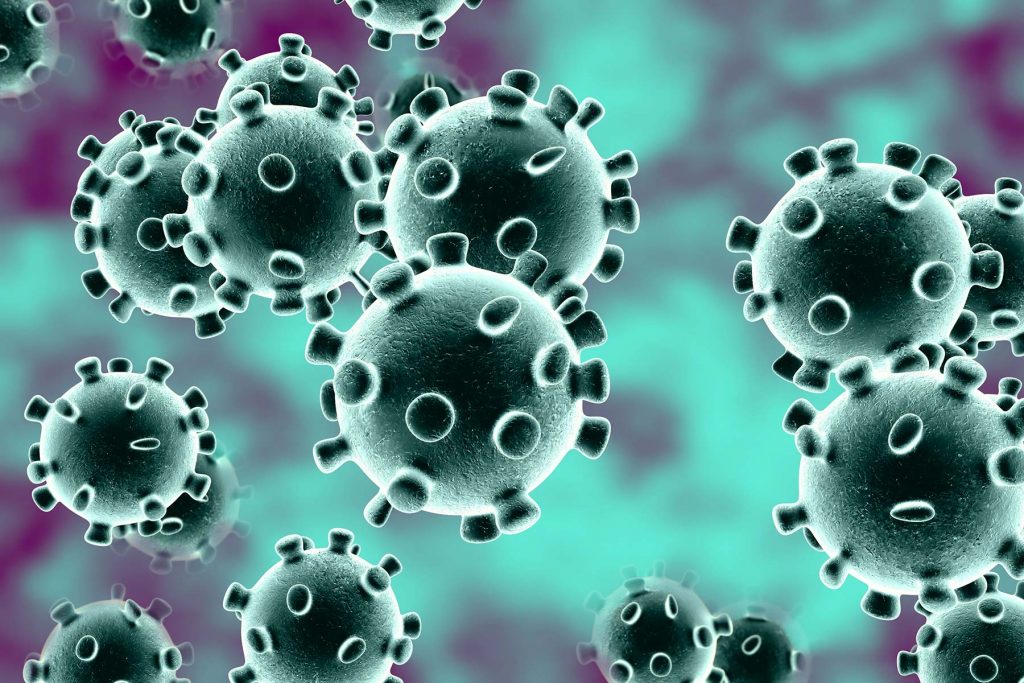By Akanimo Sampson
In partnership with the World Health Organisation (WHO), the International Organisation for Migration (IOM) is offering technical support to governments, to enable people to travel in a healthy manner and help enact public health measures with minimum impact on society and the economy as concerns mount about the number of reported infections from coronavirus and its spread to at least 20 countries.
According to WHO, coronaviruses (CoV) are a large family of viruses that cause illness ranging from the common cold to more severe diseases such as Middle East Respiratory Syndrome (MERS-CoV) and Severe Acute Respiratory Syndrome (SARS-CoV). A novel coronavirus (nCoV) is a new strain that has not been previously identified in humans.
The viruses are zoonotic, which means they are transmitted between animals and people. Detailed investigations found that SARS-CoV was transmitted from civet cats to humans and MERS-CoV from dromedary camels to humans. Several known coronaviruses are circulating in animals that have not yet infected humans.
Common signs of infection include respiratory symptoms, fever, cough, shortness of breath and breathing difficulties. In more severe cases, the infection can cause pneumonia, severe acute respiratory syndrome, kidney failure and even death.
Standard recommendations to prevent infection spread include regular hand washing, covering mouth and nose when coughing and sneezing, thoroughly cooking meat and eggs. Avoid close contact with anyone showing symptoms of respiratory illness such as coughing and sneezing.
Already, there have been 9,692 identified cases of the respiratory tract infection and 350 fatalities.
While reports from China’s central Hubei province say the death toll rose from 56 to 350, there were another 2,103 cases detected in Hubei, the epicentre of the virus outbreak, taking the total in the province to 11,177 as of Sunday, February 2.
Hubei’s provincial capital of Wuhan, where the virus is thought to have originated, reported 41 new deaths. A total of 265 people in Wuhan have now died from the virus just as new confirmed cases surged by 1,033 in Wuhan and climbed by 244 in nearby Huanggang.
While two new deaths were reported in the city, about 60 km (37 miles) east of Wuhan, Hubei has been under virtual quarantine, with roads sealed off and public transport shut down. Elsewhere, China has placed growing restrictions on travel and business.
In the meantime, Jacqueline Weekers, Director of IOM’s Migration Health Division, said: “as new cases continue to be reported daily, much remains to be understood about this virus, but what is certain is that human mobility is a reality, and we have to find ways within that reality to keep everyone safe and healthy while limiting the social or economic disruption.”
Global health officials who gathered at the WHO in Geneva have determined that the situation has now become a Public Health Emergency of International Concern (PHEIC), highlighting the need for “a coordinated international response”. The Committee did “not recommend any travel or trade restriction based on the current information available”.
Based on international health regulations (IHR), although international travel restrictions may intuitively seem like the right thing to do, this is not something that is usually recommended given the social disruption that such restrictions tend to cause. IOM and WHO therefore recommend focusing more on preparedness and response measures.
“IOM has expertise in helping governments implement the necessary preparedness and response measures, including cross-border coordination, migrant outreach and education, and engagement of communities on the move, to break chains of transmission,” Weekers noted. “IOM has developed community networks with migrants and mobile populations all over the world that can be leveraged for risk communication activities, a key step in helping families be informed and stay healthy.”
Among various preparedness and response activities, IOM and partners have been supporting governments on questions of health and migration by providing training, developing guidance on best practices, improving the hygiene standards of certain facilities, and supporting the drafting of protocols at airports, border crossings and seaports.
For example, earlier this month, IOM, in partnership with the US Centers for Disease Control (CDC) supported the Senegalese Government in carrying out a simulation exercise to strengthen the notification and management systems of the Dakar airport in case of a major public health emergency.
In addition to offering support and guidance, IOM reiterates the need for inclusive approaches and calls on countries to ensure that migrants and other non-nationals are taken into account in public health planning and messages.
In line with international health principles, WHO’s Emergency Committee also cautioned against actions that promote stigma or discrimination.
IOM’s Regional Director for Asia-Pacific, Dr. Nenette Motus, said “information is key, and this means continuing to share timely and accurate information, based on sound public health principles, is critical. It is important that we work together to prevent the undue stigmatization of international travelers.”

